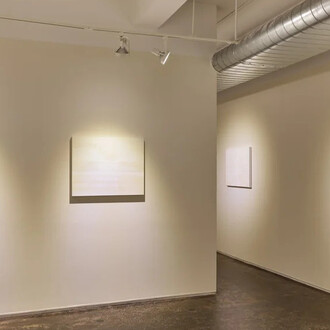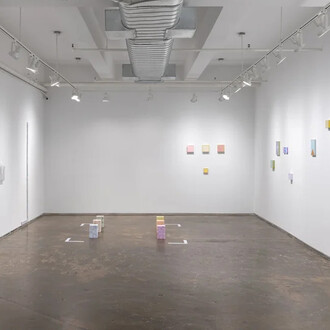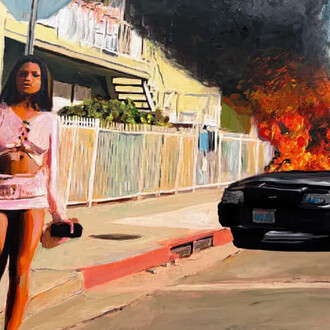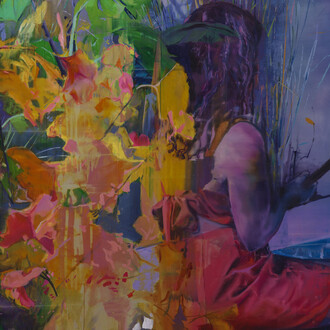In honor of its 45th anniversary, A.I.R. Gallery is pleased to be organizing The Unforgettables Program, which revisits and restages past A.I.R. shows that engage with themes that defy the passage of time and remain urgent to feminist discourse.
The third and final iteration of the 45th anniversary program will be Dialectics of Entanglement: do we exist together? an exhibition in conversation with Dialectics of Isolation: An Exhibition of Third World Women Artists of the United States, running from August 2nd through September 2nd, 2018.
Organized in 1980 by A.I.R. Gallery members Ana Mendieta and Kazuko Miyamoto together with the artist Zarina, the group show Dialectics of Isolation included works by Judith Baca, Beverly Buchanan, Janet Olivia Henry, Senga Nengudi, Lydia Okumura, Howardena Pindell, Selena W. Persico, and Zarina. According to Mendieta, the aim of the exhibition was to comment on the erasure of women of color in the American feminist movement which they helped to build. But rather than rehash the injustices of a racist society or a movement that had become only for the white middle class, Mendieta wrote, the exhibition pointed “towards a personal will to continue being ‘other.’” By exhibiting works from the original artists alongside contemporary performative, video and text pieces, we are looking to consider how conversations and conditions in our social political context, have changed—and how they have not.
The artists and thinkers participating in the contemporary framing of Dialectics are: Aruna D’Souza, Regina José Galindo, Che Gossett, and Rachael Rakes.
The video piece La Sombra by Regina José Galindo will be framing the contemporary iteration of the exhibition. On August 15th, Che Gossett will be executing a performative lecture based on their research on racial capitalism, animality and abolition, and queer anti-colonial struggles. These activations approach themes developed and hinted to in the original exhibition.
An online/offline publication will accompany the exhibition and its program. Aruna D’Souza will write about the need to explore Third World Feminisms as a point of departure for a black centered coalitional feminist discourse and action. Roxana Fabius, and Patricia M. Hernandez will explore the temporalities of the exhibition, and what being in conversation with the deeds of the past means in this time when our struggles have deep similitudes to the former. Rachael Rakes will delve into the presence of abstraction and figuration as coexisting political impetus in the exhibition and how that manifests assumed otherness.













